From theglobeandmail.com link to article by Darcy Bear, Robert Gladstone, and Scott McLeod, 23 July 2019
Darcy Bear is Chief of the Whitecap Dakota First Nation in Saskatchewan.
Robert Gladstone is Chief of Shxwhá:y Village, British Columbia.
Scott McLeod is Chief of the Nipissing First Nation in Ontario.
The legal cannabis industry presents a historic and tangible opportunity for First Nations to create hundreds of jobs in our communities in a highly responsible way that will generate profits to fuel improvements in the quality of life, as well as create social and economic opportunities for Canada’s First Nations populations.
With the recent passage of the Cannabis Act, many of our communities are actively working to harness the opportunities of this new business venture, taking the necessary steps to participate in the legal cannabis industry and thereby generate proceeds to be invested within our communities, which would allow us to improve life on our reserves for current and future generations.
Today there is a barrier to First Nations pursuing the legal cannabis business, even on our own lands. The problem is rooted in the fact that the federal government has delegated cannabis retail licensing authority to the provinces despite the fact that provincial governments do not have any jurisdiction in our communities. In fact, many provinces have made it impossible for First Nations to participate in the lawful cannabis industry.
Perhaps this arises from inadequate consultation with First Nations on the Cannabis Act as highlighted by the Senate last year. Regardless of the cause, the result is widespread frustration and interference with our ability to be prosperous and take advantage of the same economic opportunities as other Canadians. We are being left behind again.
True collaboration between the federal government and First Nations offers a way for everyone to become economically stronger together and this is true whether we are talking about pipeline ownership or the lawful cannabis industry. Economic partnership between First Nations and the federal government offers a powerful and sustainable path to economic fairness and opportunity to First Nations communities and all Canadians.
Reconciliation is about meaningful and pragmatic recognition of First Nations rights, including sovereignty and legitimate economic opportunities.
Simply by respecting its own laws and policies, the federal government has a massive opportunity to show how reconciliation can work. By partnering directly with First Nations to remove this impediment to First Nations participating in the lawful cannabis industry, the federal government would be demonstrating recognition that our sovereign rights cannot be superseded by the provinces, and neither can our economic rights to earn our own way to prosperity.
The established precedent with alcohol and tobacco lends weight to First Nations communities continuing to steer how we will participate in the production and distribution of cannabis.
Furthermore, some First Nations have established operations to produce or distribute cannabis that meet or exceed quality and safety standards set out by the Canadian government and have introduced and adhere to laws to ensure this production is fully legal, complies with the lawful and safe industry framework as proposed and legislated by the Parliament of Canada, and can generate profit and opportunities for our nations. Counterarguments are hard to find, except among operators who see First Nations as competitors.
Indigenous communities across Canada are looking to partner with the federal government on a solution. A ministerial order, as allowed under the Cannabis Act, could be issued, allowing government to quickly address the growing concern of First Nations communities and avoid a lengthy legislative and regulatory process. The order would allow First Nations and the federal government to set standards together for on-reserve licensing and enable First Nations communities to compete.
With First Nations gathering in New Brunswick this week for national meetings, there is no better time to demonstrate that reconciliation is real. The federal government should not miss this window to send this vital signal of respect for First Nations sovereign and economic rights to everyone – First Nations, capital markets, provincial governments and all Canadians. All that needs to be done is to clarify First Nations rights to participate in the cannabis industry as equals.
Our communities are extending a hand to the Crown once more. We hope they will reach out and embrace this partnership before the opportunity is lost.

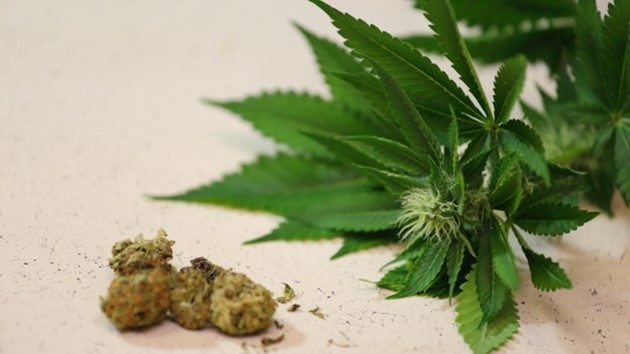






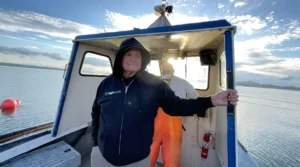

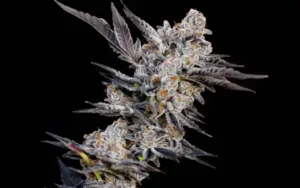







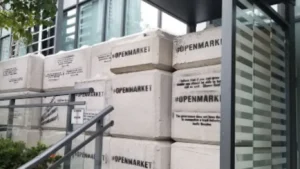



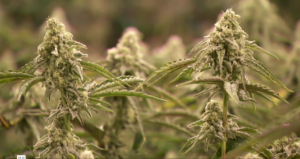
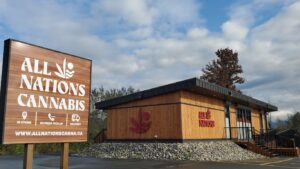
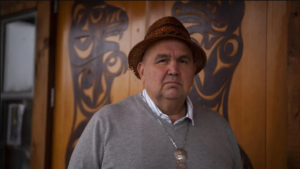


Comments are closed.